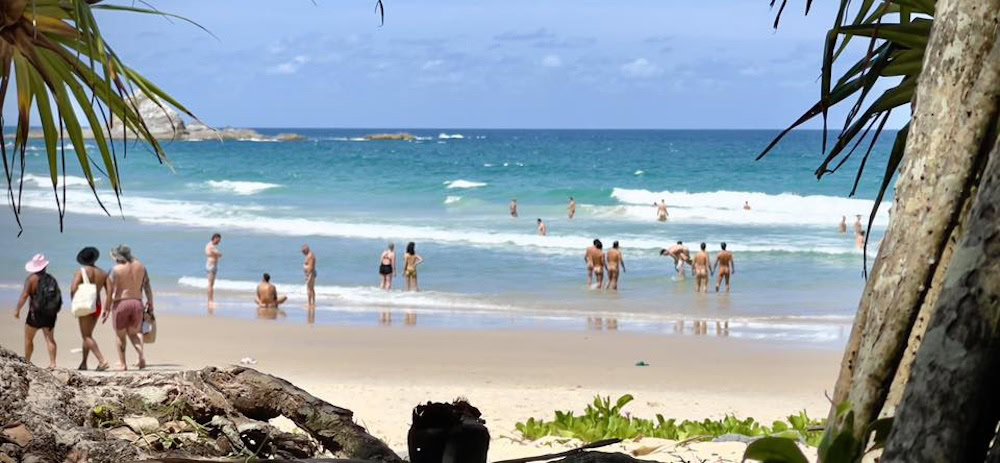
Cocaine research
It is a major challenge in drug research to get a truly representative picture of people who use illegal drugs. Those who do use drugs know that a wide range of people experiment with drugs -“ and many of these do not fit the stereotypical drug user profile that is often presented in movies and television. Images of drug addicts in gutters and people resorting to crime to support their drug habit do not match many people’s actual experience with drug users.
Nowhere is this more true than for cocaine, which is a drug used by a wide range of people from street-based heroin injectors and sex workers to professionals, sports stars and supermodels. Cocaine is an intensely pleasurable drug which offers short-term boosts in social and physical confidence and performance. It is becoming more popular among older party drug users who can both afford it (cocaine is relatively expensive) and whose work and social obligations mean they prefer to avoid longer-acting drugs like methamphetamine and ecstasy.
Drug researchers often rely on easy to access groups of drug users such as those who are in treatment or unemployed, and younger people who sometimes don’t have a lot of other demands on their time. High socio-economic status individuals working in professional and creative fields are likely to have less time and interest in participating in drug research. They are also likely to have greater concerns about confidentiality and privacy issues as they have had few interactions with either law enforcement or health services. This lack of participation means that little is known about this group of cocaine users, how they use the drug, strategies they use to control their use, any problems they might have and how they balance their cocaine use and work and other commitments.
The National Drug and Alcohol Research Centre (NDARC) is conducting a study of the cocaine market in Sydney which specifically aims to recruit from a broad spectrum of cocaine users and suppliers through face-to-face, telephone and internet interviews. People who attend the study interviews are reimbursed $50 for travel expenses.
If you wish to be part of this interesting study, call James on 9385 0239 or 0414 385 149. All interviews are strictly confidential and no identifying details about you will be asked for or recorded. Alternatively, a web-based version of the survey is available on www.turningpoint.org.au/cocaine.html. Web-based surveys have become more common in market research, and internet usage is high among professionals. The internet survey has security features to protect the identity of users and any data they submit is protected through an encrypted or coded transmission. By trialling a range of different interview modalities the researchers hope to achieve a much more accurate and meaningful picture of the market for cocaine in Sydney. They are also recruiting in Melbourne with the aim of comparing cocaine use in the two cities.









